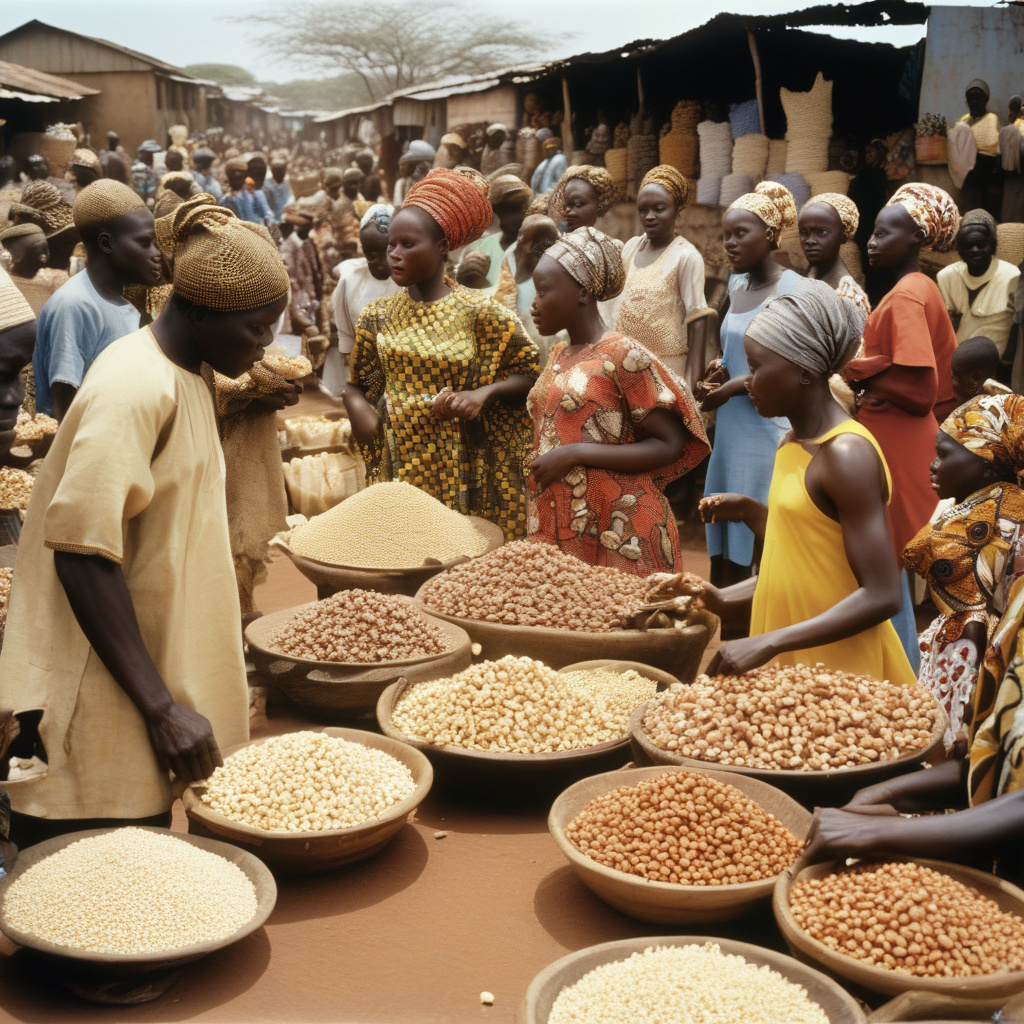Nigeria Bans Raw Shea Nut Exports to Bolster Domestic Beauty Industry
Nigeria, known for its abundant natural resources, has taken a significant step towards bolstering its domestic beauty industry. The recent announcement of the shea nut export ban on Tuesday has sent ripples through the market, signaling a strategic move to enhance the country’s shea butter and oil sector. This decision aims to curb informal trade practices and elevate local processing capabilities, ultimately fostering economic growth and sustainability within Nigeria’s beauty industry.
Shea butter, a versatile and highly sought-after ingredient in cosmetics and skincare products, is derived from the nut of the African shea tree. Nigeria is one of the world’s leading producers of shea nuts, with vast potential to capitalize on this valuable resource. By restricting the export of raw shea nuts, the Nigerian government is encouraging local processing and value addition to tap into the lucrative beauty market.
The ban on raw shea nut exports is expected to have a ripple effect across the entire value chain. Local processing facilities will experience a surge in demand for their products, creating opportunities for job creation and skill development within the beauty industry. Small-scale producers, especially women who are often involved in shea nut harvesting and processing, stand to benefit from this policy shift.
Moreover, by promoting domestic processing of shea nuts, Nigeria can ensure quality control and compliance with international standards. Processed shea butter and oil are in high demand globally for their moisturizing and nourishing properties, making them a staple ingredient in various beauty and personal care products. With the ban on raw exports, Nigeria can position itself as a key supplier of premium shea butter and oil to the international market.
In addition to economic benefits, this move is also aligned with sustainable practices and environmental conservation. By encouraging local processing, Nigeria can reduce carbon emissions associated with long-distance transportation of raw materials. Furthermore, promoting the beauty industry’s growth can lead to reforestation efforts and conservation of the shea tree, ensuring its long-term sustainability for future generations.
The shea nut export ban underscores Nigeria’s commitment to leveraging its natural resources for economic development and industrialization. By prioritizing the growth of the domestic beauty industry, the country is paving the way for value addition, job creation, and global competitiveness in the cosmetics sector. As the world shifts towards sustainable and ethically sourced ingredients, Nigeria’s focus on local processing of shea nuts positions it as a frontrunner in the beauty market.
In conclusion, Nigeria’s decision to ban raw shea nut exports marks a pivotal moment for the country’s beauty industry. By prioritizing local processing and value addition, Nigeria is poised to unlock the full potential of its shea nut resources, driving economic growth and sustainability. This strategic move not only benefits the domestic market but also reinforces Nigeria’s position as a key player in the global beauty industry.
sheanut, Nigeria, beautyindustry, domesticprocessing, sustainability












